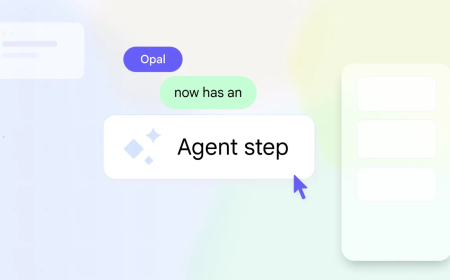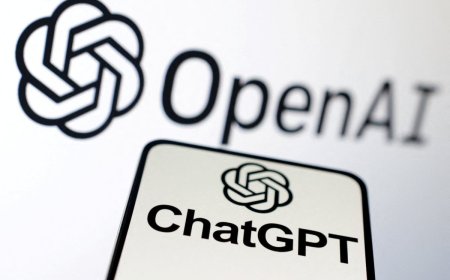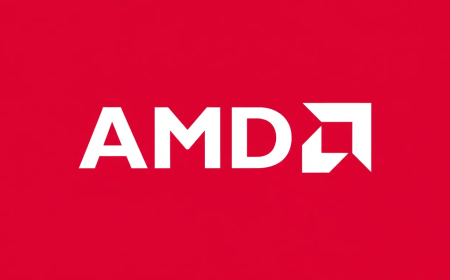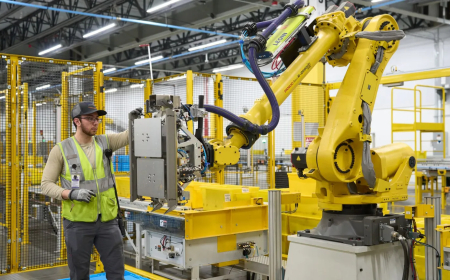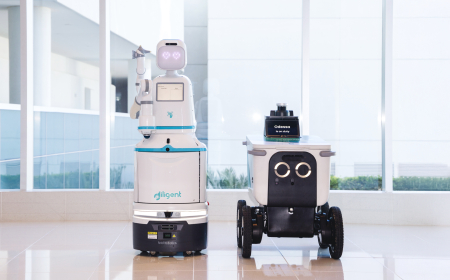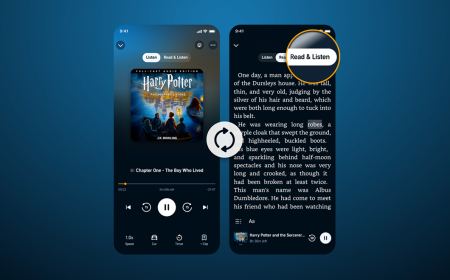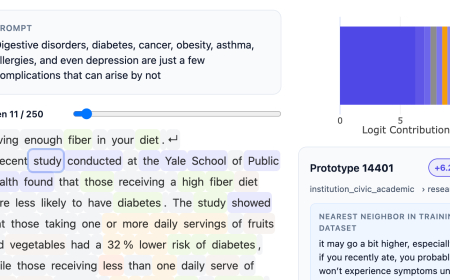Stack Overflow is remaking itself into an AI data provider
Stack Overflow launches Stack Internal, a new enterprise platform designed to transform company knowledge into AI-ready data with metadata and reliability scoring.

Stack Overflow is entering a new era — one where the company shifts from being only a developer Q&A hub to becoming a key data engine for enterprise AI systems.
During Microsoft’s Ignite conference, the company unveiled a suite of new products centred around Stack Internal, its enterprise platform designed to transform internal developer knowledge into structured, AI-ready data. The idea: take the best of Stack Overflow’s classic Q&A model and rebuild it for companies that want to power internal AI agents with their own engineering expertise.
At its core, Stack Internal functions like a private, secure version of Stack Overflow — complete with moderation tools, permissions, and admin controls. What’s new is that every question, answer, update, and metadata point is exported in a format designed for AI agents using the Model Context Protocol, along with specialised variations built just for Stack Overflow’s system.
CEO Prashanth Chandrasekar says the shift was driven by demand. Many enterprise customers were already using the company’s API to train internal AI systems, and Stack Overflow realised it could go much further by designing a product specifically for this purpose. The company also has licensing agreements allowing major AI labs to train on its public data — deals Chandrasekar described as “very similar to the Reddit deals,” which netted Reddit over $200 million.
One of Stack Internal’s most essential features is the metadata layer attached to every Q&A pair. This includes:
-
Who wrote the answer
-
When it was posted
-
Tags and content categories
-
Signals measuring internal consistency
-
A reliability score to help AI judge trustworthiness
CTO Jody Bailey says companies can bring their own tagging systems or use Stack Overflow’s dynamic tagging. The long-term goal is to build a dense knowledge graph that allows AI agents to trace concepts, link topics, and understand company-specific engineering logic without relying solely on model inference.
While Stack Overflow provides the knowledge infrastructure, it isn’t building the AI agents itself. Even so, Bailey is especially optimistic about future features that let AI agents write new Stack Overflow-style questions when they spot missing documentation or knowledge gaps.
With this read-write loop, Bailey says, “it will require less and less effort from developers to capture the unique information about the way they operate their business.”
In effect, Stack Overflow is turning its decades of community expertise into a template for training corporate AI — moving from hosting answers to becoming the backbone of enterprise knowledge systems.
What's Your Reaction?
 Like
0
Like
0
 Dislike
0
Dislike
0
 Love
0
Love
0
 Funny
0
Funny
0
 Angry
0
Angry
0
 Sad
0
Sad
0
 Wow
0
Wow
0











